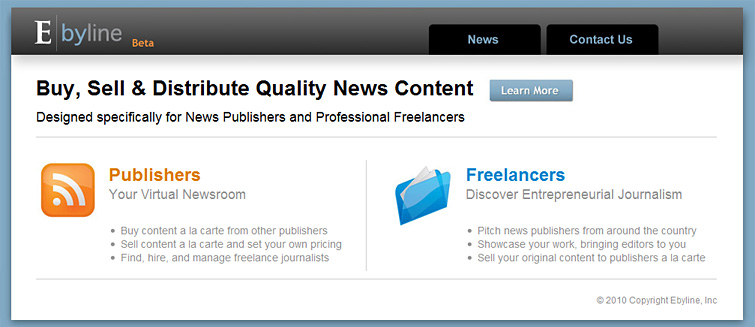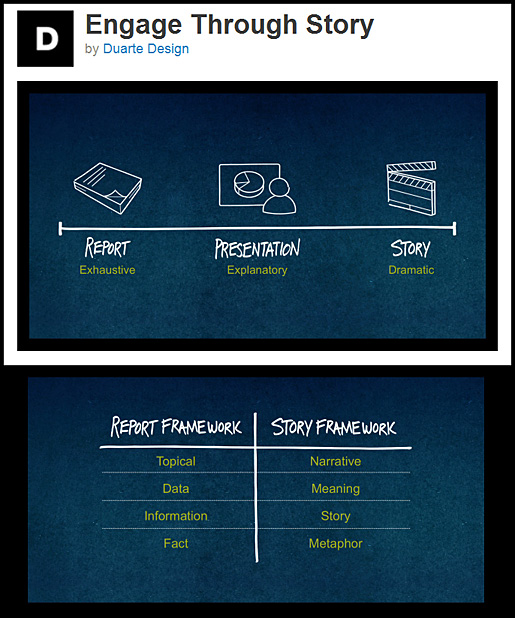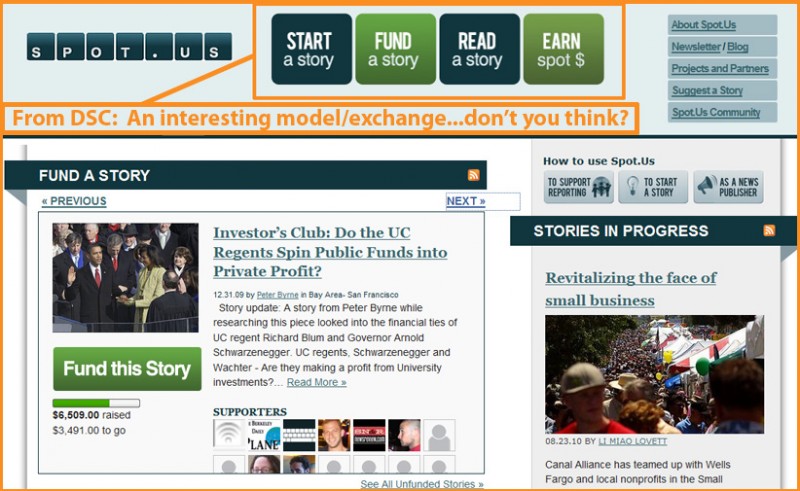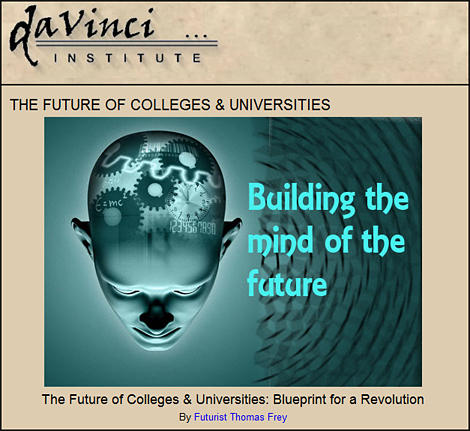Defining one’s performance
Performance is not hitting the bull’s-eye with every shot, that is a circus act.
Performance is not hitting the bull’s-eye with every shot. Performance is rather the consistent ability to produce results over prolonged periods of time and in a variety of assignments. A performance record must include mistakes. It must include failures. It must reveal a person’s limitations as well as his strengths.
The one person to distrust is the one who never makes a mistake, never commits a blunder, never fails in what he tries to do. Either he is a phony, or he stays with the safe, the tried, and the trivial. The better a person is, the more mistakes he will make — for the more new things he will try.
From DSC:
This is not just true in the corporate/business world, but it is also true for all of us who create and deliver educational content — we will make mistakes, we need to be able to experiment and try things. We need to be able to mess up in front of our students and be ok with that. We are all learners…and in my mind, experts are a dying breed; the world’s spinning too fast to be an expert in most things anymore.
The faculty I really love to work with try things — they don’t care if they make mistakes, as they (and I) consider that a given. I don’t know everything about each tool, nor do I expect others to know even 25-50% of the features that any given tool offers (I list a range here due to the variety of learning curves and feature sets out there.)
Results That Make a Difference
What results have to be achieved to make a difference?
The decision about “What should my contribution be?” balances three elements. First comes the question: “What does the situation require?” Then comes the question: “How could I make the greatest contribution, with my strengths, my way of performing, my values, to what needs to be done?” Finally, there is the question: “What results have to be achieved to make a difference?” This then leads to the action conclusions: what to do, where to start, how to start, what goals and deadlines to set.
From DSC:
This reminds me of the work of Marcus Buckingham, in which he stresses the need to go with one’s strengths.













